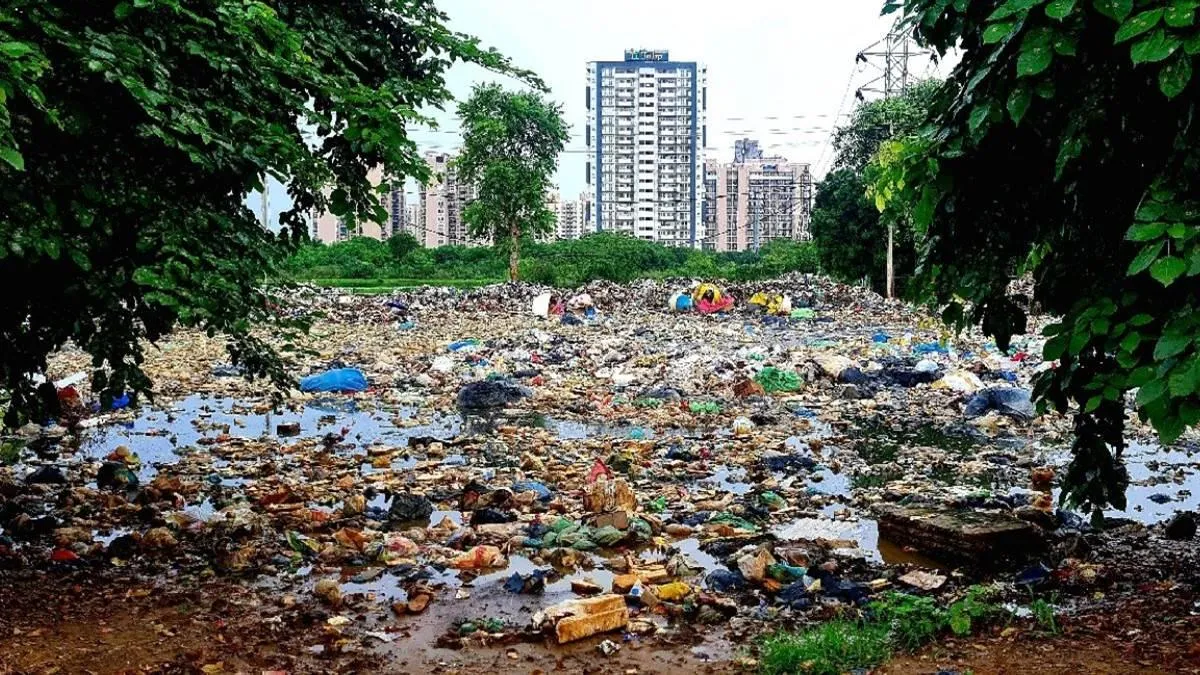- By Shibra Arshad
- Wed, 08 Oct 2025 12:02 AM (IST)
- Source:JND
The Haryana government has drafted the Solid Waste Management Draft Bye-Laws 2025, aimed at making cities cleaner and more sustainable. The draft rules were discussed in a meeting held in Gurugram, attended by Resident Welfare Associations (RWAs), bulk waste generators, solid waste management agencies, and other stakeholders.
Gurugram Solid Waste Management Draft: Key Provisions
- Segregation of Waste: Citizens and institutions will be required to segregate waste into wet, dry, and hazardous categories.
- Composting and Biogas Plants: Institutions and residential complexes generating large amounts of wet waste will be required to set up composting or biogas plants.
- Door-to-Door Collection: The Municipal Corporation of Gurgaon (MCG) will ensure daily door-to-door collection of segregated waste.
- GPS-Enabled Vehicles: Waste collection vehicles will be equipped with GPS and marked with MCG and Swachh Bharat Mission logos.
- Secondary Collection Centres: Secondary collection centres and Material Recovery Facilities (MRFs) will be set up at designated locations.
- Penalties: Violators will face fines and penalties for non-compliance.
Why Solid Waste Management Draft
The objective of the draft rules is to make waste management more scientific, transparent, and sustainable. The state government aims to make all urban bodies in Haryana "Zero Waste Cities" by adopting this model.
The MCG will implement the rules, and citizens will be required to cooperate. The draft rules are expected to bring about a significant change in the city's waste management system.
Officials Meeting For Waste Management Draft
The meeting was attended by senior officials, including Development Commissioner Vijay Gupt, Mayor Rajarani Malhotra, and MCG Commissioner Pradeep Dahiya. The stakeholders discussed the draft rules and provided suggestions for effective implementation.
Fines and Penalties
The draft rules specify fines and penalties for non-compliance, including:
- Littering or burning waste in public places
- Dumping waste in drains, rivers, or open plots
- Not segregating waste
- Failure to pay user charges
User Charges
The draft rules propose user charges for waste management, with a 5% annual increase. Citizens and institutions will be required to pay user charges, which can be paid in advance with a discount.

